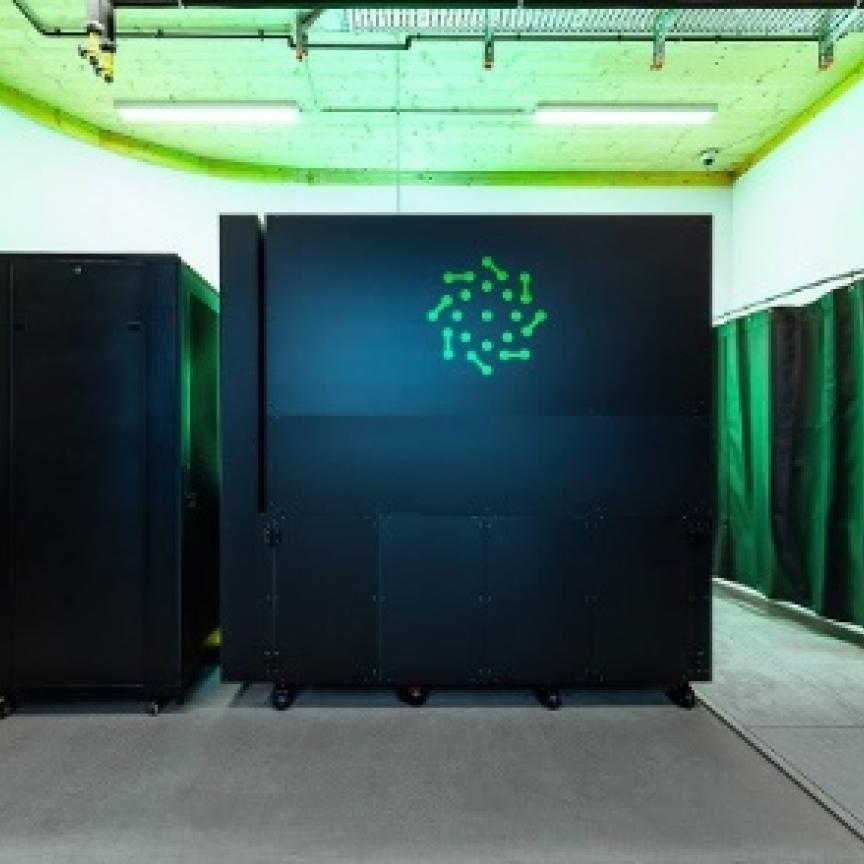The Gauss Centre for Supercomputing (GCS) has set a new record for the number of core hours awarded during the 17th call for large-scale proposals – the combined total for these projects was more than 2.1 billion core hours across the three GCS supercomputers.
GCS approved 30 large-scale projects during the 17th call for large-scale proposals, set to run from May 1, 2017 to April 30, 2018. GCS is combined from three high-performance computing centres—the High Performance Computing Center Stuttgart (HLRS), Jülich Supercomputing Centre (JSC), and Leibniz Computing Centre of the Bavarian Academy of Sciences and Humanities (LRZ).
‘As we continue to provide world-class computing resources and user support at our three GCS facilities, our user base continues to expand based on the wide variety of excellent proposals we receive during each successive large-scale call,’ said Dr Dietmar Kröner, professor at the University of Freiburg and chairman of the GCS Scientific Steering Committee. ‘We have tough decisions to make, as we only have so many core-hours per year, and the proposals continue to get better each year.’
GCS awards large-scale allocations to researchers studying earth and climate sciences, chemistry, particle physics, materials science, astrophysics, and scientific engineering, among other research areas of great importance to society. The hours awarded went to projects in fluid dynamics, astronomy, and to support work at the Large Hadron Collider (LHC).
Of the 30 projects, four were granted allocations exceeding 100 million core-hours—another first for GCS. In addition to delivering record-breaking allocation time, GCS also broke records in proposals received and number of allocations awarded.

